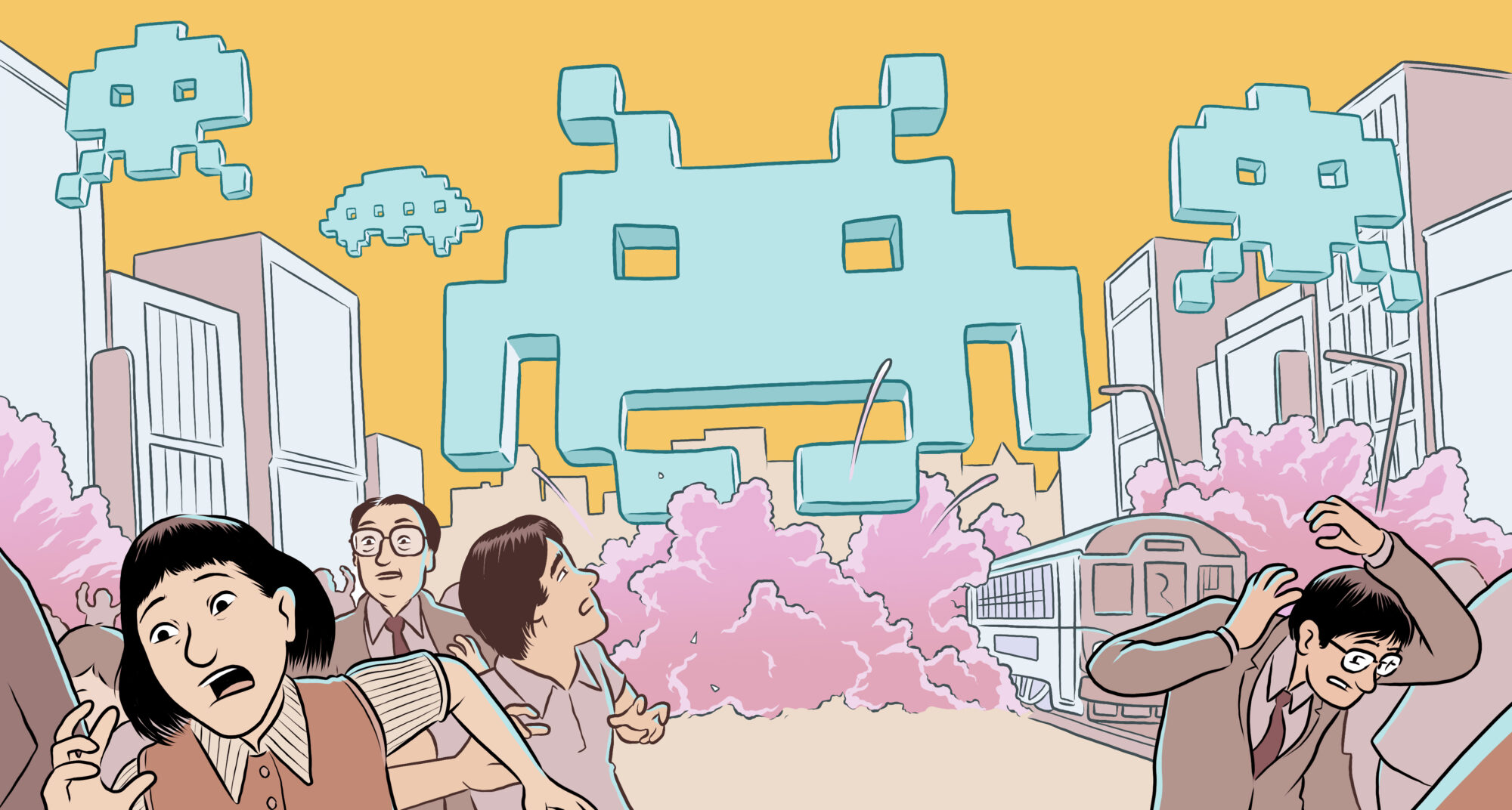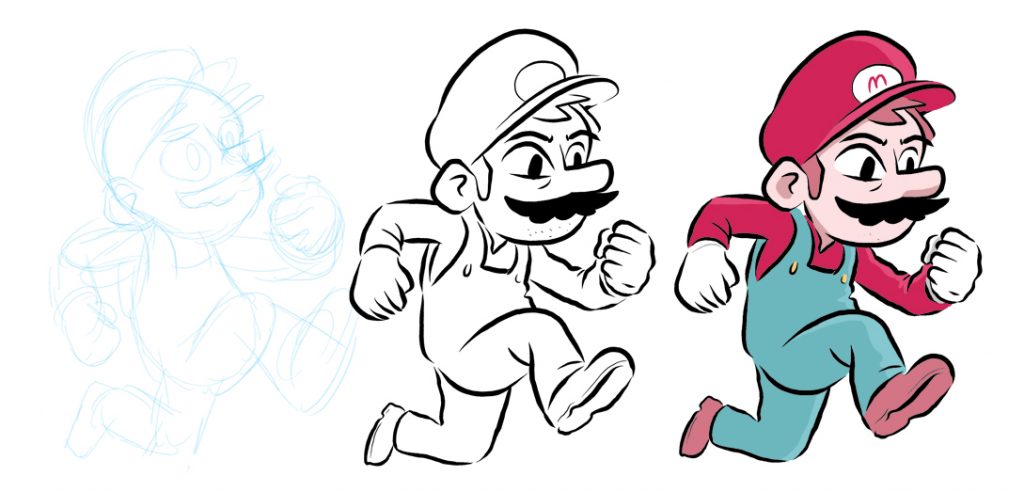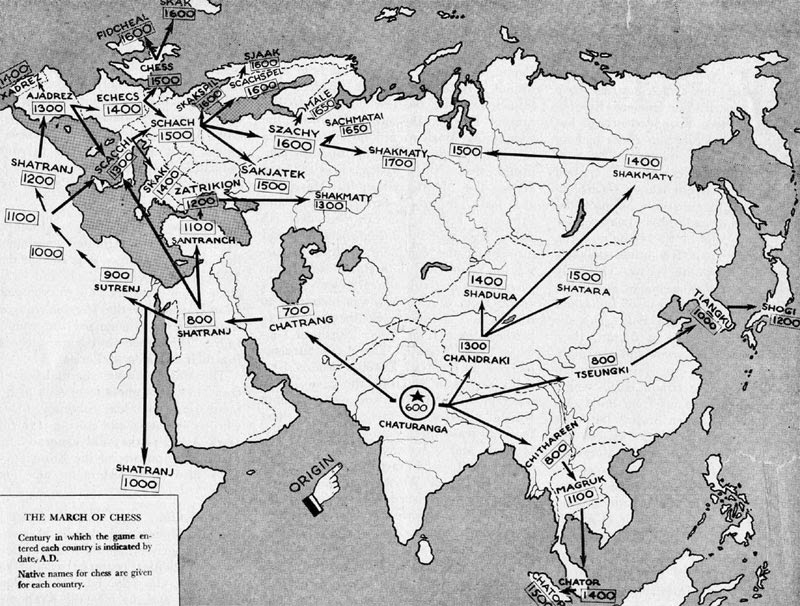Writing was slow, difficult. I got to the end of the writing process exhausted. A little lost. The first draft clocked in about 40 pages too long. And it seemed like a mess. The structure felt incoherent, repetitive, rambling. And yet everything seemed immovable. A chaotic house of cards that I didn’t want to disrupt in case it came tumbling down.
I sent it off. Took some time away from the book.
And when I came back something had changed. I thought it was going to be impossible to cut 40 pages: everything seemed so crucial and intertwined. But these fresh eyes saw something different – I felt free to cut whole swathes of the book, juggling sections with ease. I’d been too close before. a mechanic wedged between the cogs of this monstrous machine. Now I was seeing it from the outside – a surgeon more than willing to lop out a spleen if it would make the patient better.
It felt good. Within a week the book had shed 40-something pages. It was lean now. The things I’d cut were never missed. And I’d even had a chance to add stuff. Details worth sharing, ideas that had floated loose for too long now finding a home.
Summer’s over and I’m back at this thing again. It’s finished, although it’s not. At least I know the book will work.
Now I just need to draw the damn thing.


